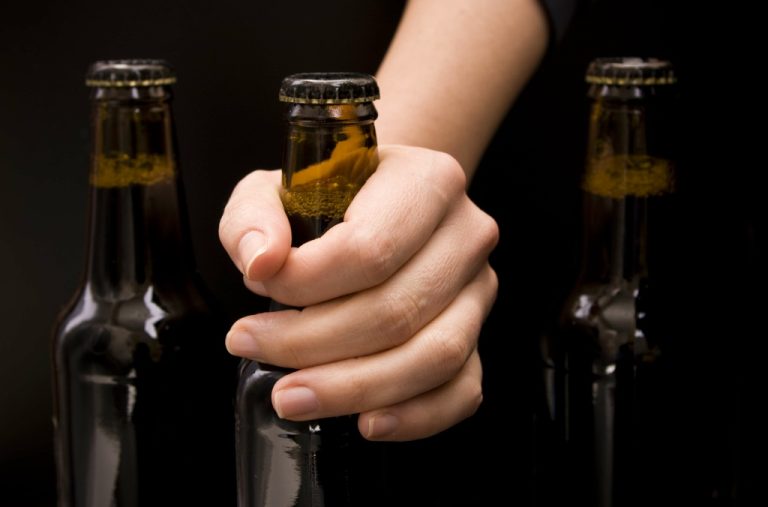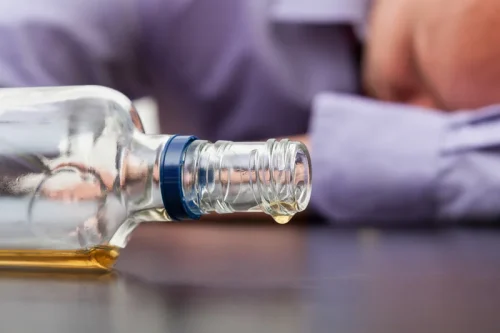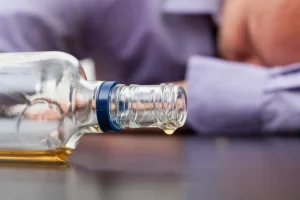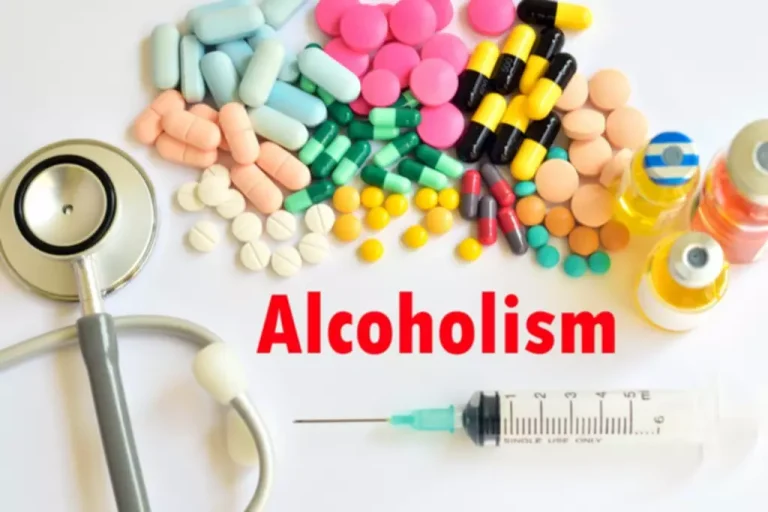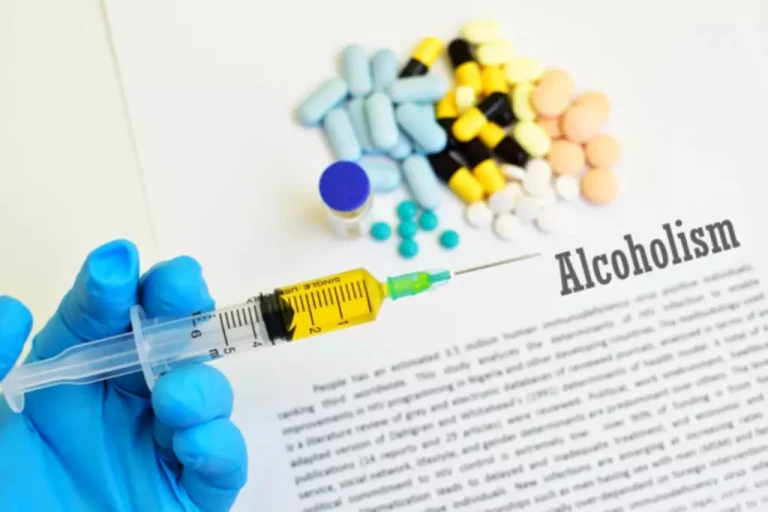
Emotional regulation skills and relapse prevention tools are also taught. Through behavioral therapy and counseling, a person is better able to recognize how their thoughts tie into their actions. They can learn to recognize potential triggers and how to safely manage them.
- When it comes to anger specifically, people may experience a phenomenon called “alcohol myopia” in addition to their already heightened emotions.
- These eventually become the coping strategies that replace your need to drink.
- While anger isn’t necessarily a side effect of alcoholism, drinking to “dull” or “numb” the anger (or other emotions) isn’t just ineffective – it could be a sign that it’s time to seek help for some deeper issues.
The Healthy Relationship Between Recovering Alcoholics and Anger
Alcohol tends to lower inhibitions and affect judgment, which can lead to aggressive behavior. Research suggests that certain factors might make a person more likely to become aggressive when they drink. These include underlying mental health issues, personal history of violence, and even genetics. Researchers have studied the connection between anger and aggression for years. However, it’s about more than getting easily upset or having a short fuse when you drink alcohol. The outcomes of alcohol and anger can be hazardous, causing traumatizing situations for the inebriated person and the people around them.
Why Does Alcohol, In Particular, Make People Angrier Than Other Substances?
If you don’t already have a supportive network, you can make new connections by joining social media communities dedicated to alcohol-free living. However, try not to have too many firm expectations, as symptoms can continue for multiple weeks in some people. Grief can come from the death of a loved one, a divorce or breakup, or the loss of a job. The anger may be directed at the person who died, anyone else involved in the event, or inanimate objects. Attention deficit hyperactivity disorder (ADHD) is a neurodevelopmental disorder marked by symptoms such as inattention, hyperactivity, and impulsivity. Anger can be a symptom of depression, which involves ongoing feelings of sadness and loss of interest lasting at least 2 weeks.
Why does alcohol make some people angry?

First, its coping skills approach fits conceptually into coping skills relapse prevention conceptualizations (Marlatt & Gordon, 1980; Witkiewitz & Marlatt, 2004). Third, including both cognitive and relaxation coping skills provides a range of coping skills to assist most individuals with anger problems, i.e., this intervention addresses anger issues for most people. Alcohol withdrawal can be potentially life-threatening, in the case of severe dependence.
Scientific Explanation for Increased Anger in Some Drinkers
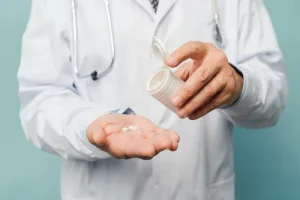
And in my experience, if you stay the course, it will gradually get easier. As you learn how to deal with emotions in a healthy way, the grief, anger, and irritability in early recovery eventually start to dissipate. Some people quit drinking and seem to immediately come alive with excitement and enthusiasm for the new alcoholism and anger life ahead. There’s a bit of a thawing out that occurs when you quit drinking alcohol. As feelings bubble up to the surface, there may be anger outbursts, avoidance behaviour or uncontrollable sobbing fits. Others may have developed an inability to feel and process distressing emotions throughout their drinking career.
But entering treatment is the best way to show the people you’ve harmed with your anger that you’ve made a commitment to change. When they aren’t under the influence, you can try speaking openly with them about how their actions make you feel, how they’re https://ecosoberhouse.com/ affecting your family and why something needs to change. People known to have anger outbursts on alcohol can end up destroying relationships. Even the people who care about them the most can be unable or unwilling to continue to tolerate the abuse.
- Furthermore, an angry drunk may not feel like consequences matter, making it seem like a good idea from their perspective to create or partake in a dangerous situation.
- Withdrawal symptoms can quickly go from a bad hangover to a serious medical situation.
- There are a number of cognitive, neurobiological, and social factors that can influence how alcohol affects aggression.
- Medical supervision, behavioral health treatment, and mutual-aid groups can help you through alcohol withdrawal and stay stopped.
- Alcohol has the tendency to enhance whatever emotions you’re feeling when you imbibe.
- When you heavily consume alcohol, your prefrontal cortex becomes damaged, altering your decision-making capabilities.
If You Know You’re an Angry Drunk, What Can You Do?
- Increasingly, research offers answers to determine this interaction.
- If those methods don’t work, or if you feel that you need to take things one step further to deal with your anger and alcohol issues, addiction treatment is another great option aside from anger management.
- Those with a wider circle of support have a better chance of staying sober.
- The views herein do not necessarily represent the official views of the NIAAA or the NIH.
One common therapeutic method employed is Cognitive Behavioral Therapy (CBT). This therapy helps individuals understand the triggers and thought processes that lead to their aggressive behavior when drinking. By recognizing these patterns, they can learn new coping strategies and ways of thinking that may reduce the likelihood of violent outbursts.

If you or your close ones are struggling with alcohol-related anger, Confidant Health provides an opportunity to overcome this issue. This online platform offers Medication Assisted Treatment (MAT) in which medications and behavioral therapies are used to cope with alcohol use. Joe is generally mild-mannered but has underlying frustrations at work that he suppresses during his sober hours. When he drinks, however, these suppressed feelings of rage tend to surface and are often expressed without any filter or restraint. To put it another way, if someone has an anger issue bubbling beneath the surface, alcohol might just bring it out into the open. That’s because drinking lowers inhibitions and makes us less likely to consider the consequences of our actions.

Common causes of anger include stress, which makes you feel anxious and irritable, and frustration if things are out of your control, or you don’t reach a goal. Fear can be due to a threat of violence, or verbal or physical abuse. You feel disappointed when your desires or expectations are not met. As if all the emotions you were avoiding had been frozen in time, and suddenly become a wash of white-water rapids flooding through your day-to-day life. Various feelings can flow together and morph quickly into other things — like anger and irritability. One-on-one support via therapy or recovery coaching is another great option for many people who want to change their relationship with alcohol.


